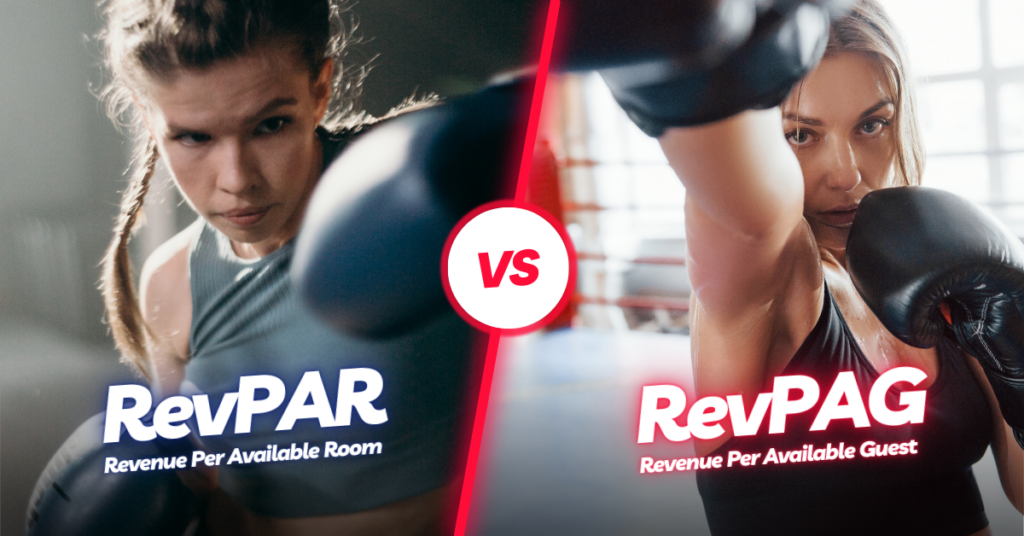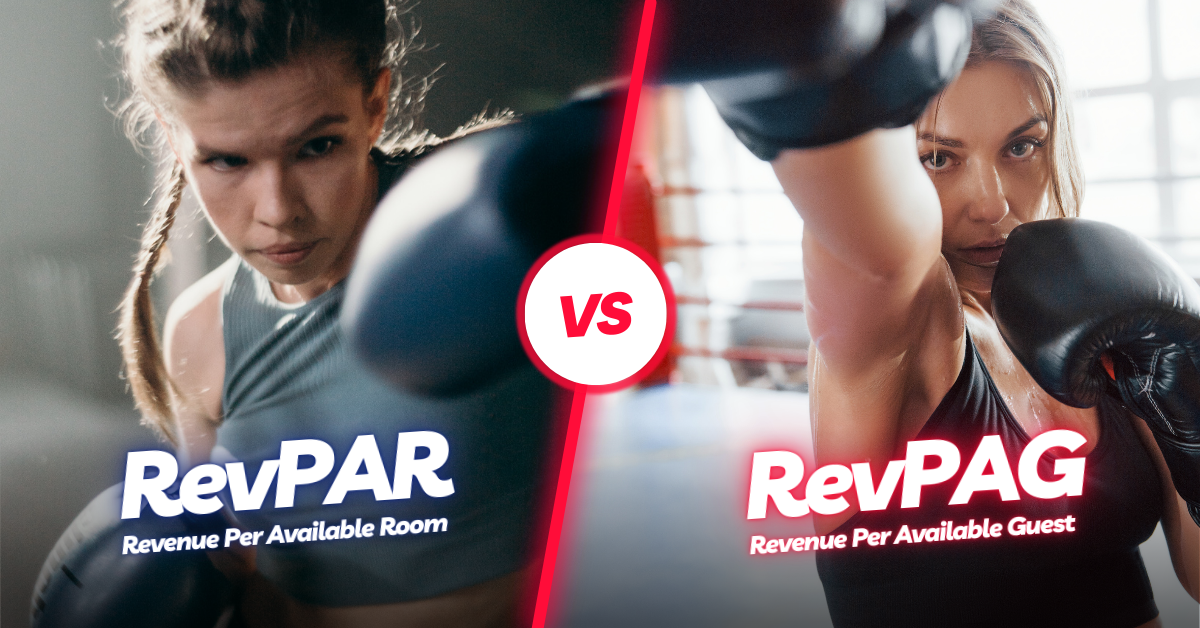Apr 17, 2025 | Hotel metrics

Image credit: get.gokai.co
While the hospitality industry prioritizes guest experience, traditional metrics like RevPAR (revenue per available room) limit focus to room occupancy. To truly embrace a guest-centric approach, hotels should adopt RevPAG (revenue per available guest). Unlike RevPAR, RevPAG measures the total revenue generated per guest across all property touch points, including rooms, food and beverage (F&B), spa services, and parking.
RevPAG is calculated by dividing total revenue from all outlets by the number of guests during a specified period. This metric directly correlates with factors that drive guest loyalty and long-term value. However, implementing RevPAG effectively requires unified systems that integrate all revenue streams with the property management system (PMS). This shift redefines the revenue manager’s role from optimizing room revenue to managing overall revenue strategy.
Tom Brown, Senior Copywriter at Mews, suggests 11 strategies to enhance RevPAG:
(1) Better data: shows a fuller picture of each guest.
(2) Automated loyalty recognition: helps teams to focus on high-value guests with tailored experiences or rewards.
(3) Embedded loyalty integrations: seamless loyalty program integration.
(4) Digital Room Service via QR Code: aligns with today’s mobile-first expectations to boost revenue.
(5) Monetize Underutilized Spaces: Transform unused areas into revenue-generating assets.
(6) Strategic Upselling at All Touchpoints: Utilize kiosks and online check-in for effective upselling.
(7) Offer Paid Early Check-In: Generate additional revenue through early check-in fees.
(8) Restaurant Reservations at Check-In: Optimize F&B occupancy and provide seamless service.
(9) Partnered Upselling Tools: Drive revenue through integrated upselling platforms.
(10) Expanded Booking Engines: Enable guests to book services beyond rooms prior to arrival.
(11) Personalized Dining Experiences: Utilize dietary preferences to create tailored restaurant bookings, fostering guest connection and loyalty.
(Source: Tom Brown, Senior Copywriter at Mews cited in HN Today, 17th April 2025)

